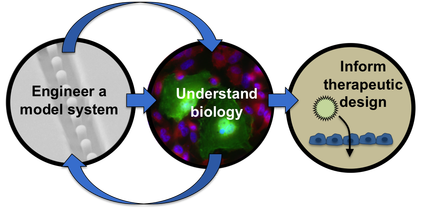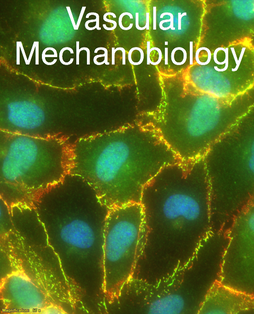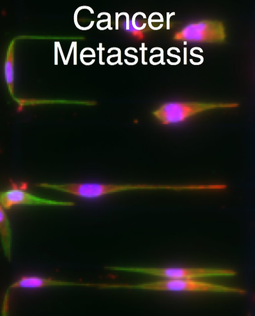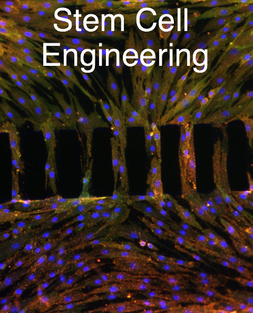Our Research Strategy
We explore the role of mechanical forces in physiological and pathological phenomena. To accomplish this goal, we engineer and probe in vitro models of multi-scale biological systems using bioengineering tools such as micro fabricated devices; novel combinations of cells, molecular biology techniques, and cell mechanics tools; and custom quantitative image processing software. Our long-term goal is to provide information that can help prevent or reverse disease progression, while at the same time training the next generation of scientists and engineers.
We ask questions such as...
What biochemical and physical cues should be implemented in an engineered in vitro tissue model, in order to optimize functional fidelity of the system?
What is the role of cell microenvironment in directing cell migration, adhesion, division, differentiation, etc.?
How can we use mechanistic insight about how cells respond to their microenvironment to help direct solutions to prevent or reverse disease progression?
Our research focuses on biological questions in three core areas:
We ask questions such as...
What biochemical and physical cues should be implemented in an engineered in vitro tissue model, in order to optimize functional fidelity of the system?
What is the role of cell microenvironment in directing cell migration, adhesion, division, differentiation, etc.?
How can we use mechanistic insight about how cells respond to their microenvironment to help direct solutions to prevent or reverse disease progression?
Our research focuses on biological questions in three core areas:



